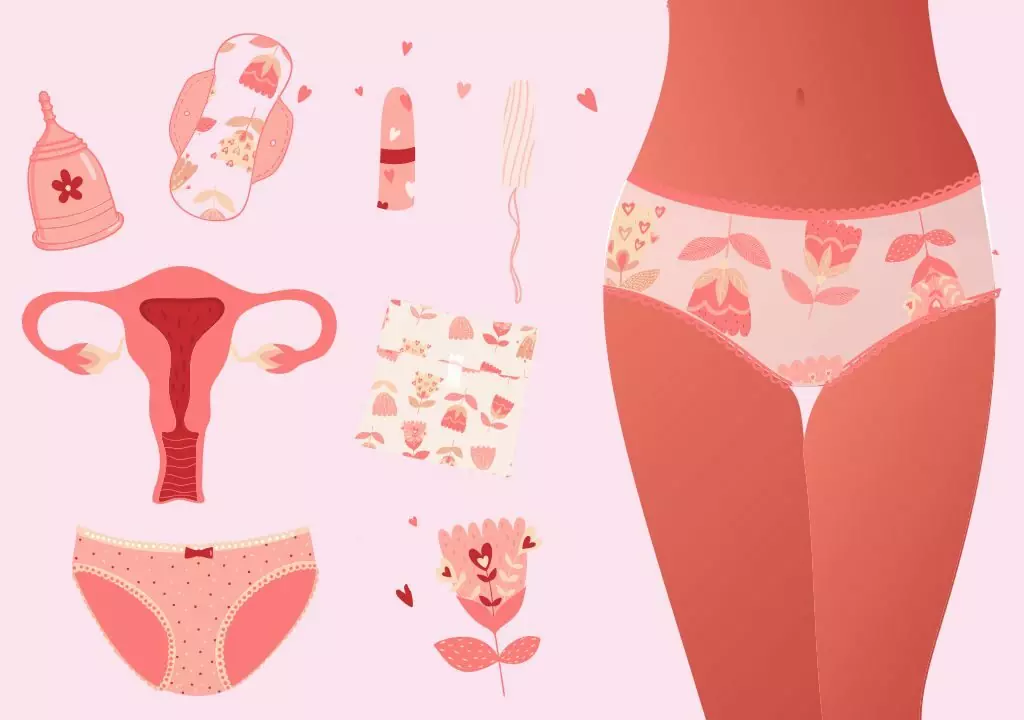Female Hygiene
The vagina is a self-cleansing organ that doesn’t require douching or interior cleaning. Regarding vaginal hygiene and the proper way to maintain it, there have been some contested opinions on whether or not to wash with antiseptics.
So let’s get right in and start looking for solutions. In light of the abundance of unsponsored materials and products used for vaginal cleansing, it’s critical to remember that they are wholly unsponsored and do more damage than good to vaginal health.
Vaginal douching
This is the worst of all, it entails washing the vagina with some chemical mixture, which sloughs off the normal vaginal flora and leaves the vagina with little to no defence against infections. It even raises the risk of catching yeast infections, vaginal thrush, and HPV.
Vaginal steaming
This action not only exposes the vagina to intense heat or burns the vulva, but it also provides the ideal environment for the growth of harmful bacteria, which can result in an outbreak of diseases.
While we’ve established that you don’t need to clean your vagina, you still need to wash your vulva (the part of your vagina that is on the outside) with only clean water.
How do I care for my vagina?
Here are a few guidelines to follow to ensure proper vaginal hygiene:
Washing
-
- Use clean water to wash.
- Avoid using medicinal and perfumed soaps.
- After using the restroom, wipe from front to back and, if feasible, rinse with water.
- To prevent rashes, do not clean-shave the pubic area.
After Sex hygiene
-
- Swap out condoms while moving from anal to vaginal intercourse.
- After having sex, wash with warm water.
- Pee after intercourse to remove any possible bacterial intrusions.
Clothing and Vaginal hygiene
-
- Do not wear tight panties and underwear
- Wear cotton-made panties instead, it is a better absorbent of heat.
- Change your panties after the gym.
- Do not wear wet swimsuits all day.
- Change your underwear if you notice extra discharge on it.
Generally speaking, be sure to swap out your period pads and tampons as frequently as you can. Eat more foods like yoghurts that help inhibit yeast development to improve vaginal health as well.
Do not put anything inside your vagina, including food, herbs used as medicines, or anything else that has not been approved or advised by a physician.
In particular, before I go, never attempt to cure vaginal infections by yourself. Undoubtedly, you shouldn’t think you can treat infections on your own; instead, go to the hospital and ask to see a gynaecologist.
Read Also: How To Calculate Your Menstrual Cycle
Male Hygiene
Because a few things may go wrong, maintaining good male hygiene is more complicated than it first appears.
The following are some suggestions for men’s hygiene:
Washing
Wash your genital organs with clean water and pat them dry. It’s important to take care of the pubic area since it can sweat, itch, and smell awful.
Change your underpants regularly
Don’t keep your boxers or pants on any longer than necessary. You must switch them out regularly to keep your groin area clean and free of pimples and rashes.
Understand that everyone is different
It’s not terrible to trim your pubic region, right? It makes you feel more at ease to keep it neat and groomed; it is also said to retain and spread pheromones (which helps with attraction).
Use condoms
This can’t be overstated; during sex, there may be skin tearing or bleeding. Better safe than sorry, yeah?
Wash your hands before and after sex
It sounds stressful, especially if you like to cuddle afterwards. But it’s totally worth the effort.
Do NOT share sex toys
Avoid sharing at all costs! Also, remember to wash them; your sex toy should be as clean as you are.
Post-Sex Safety Checks
Check your penis for rashes, pimples, blisters, or warts as frequently as you can after sex and other sexual activities because any of these might be indicators of an STI or other health issues.
Regular Check ups
We would like to believe that you have a good relationship with your health care practitioners? If not, chat with a doctor via the Whispa App whenever you notice any changes in your sexual health.
Conclusion
Maintaining hygiene practices reduces the spread of illness and risk of medical conditions caused by not taking care of yourself. It also increases self-confidence and positively impacts personal relationships. Keep up these hygiene practices to help contribute to your overall health and wellness.
Stay Safe!







